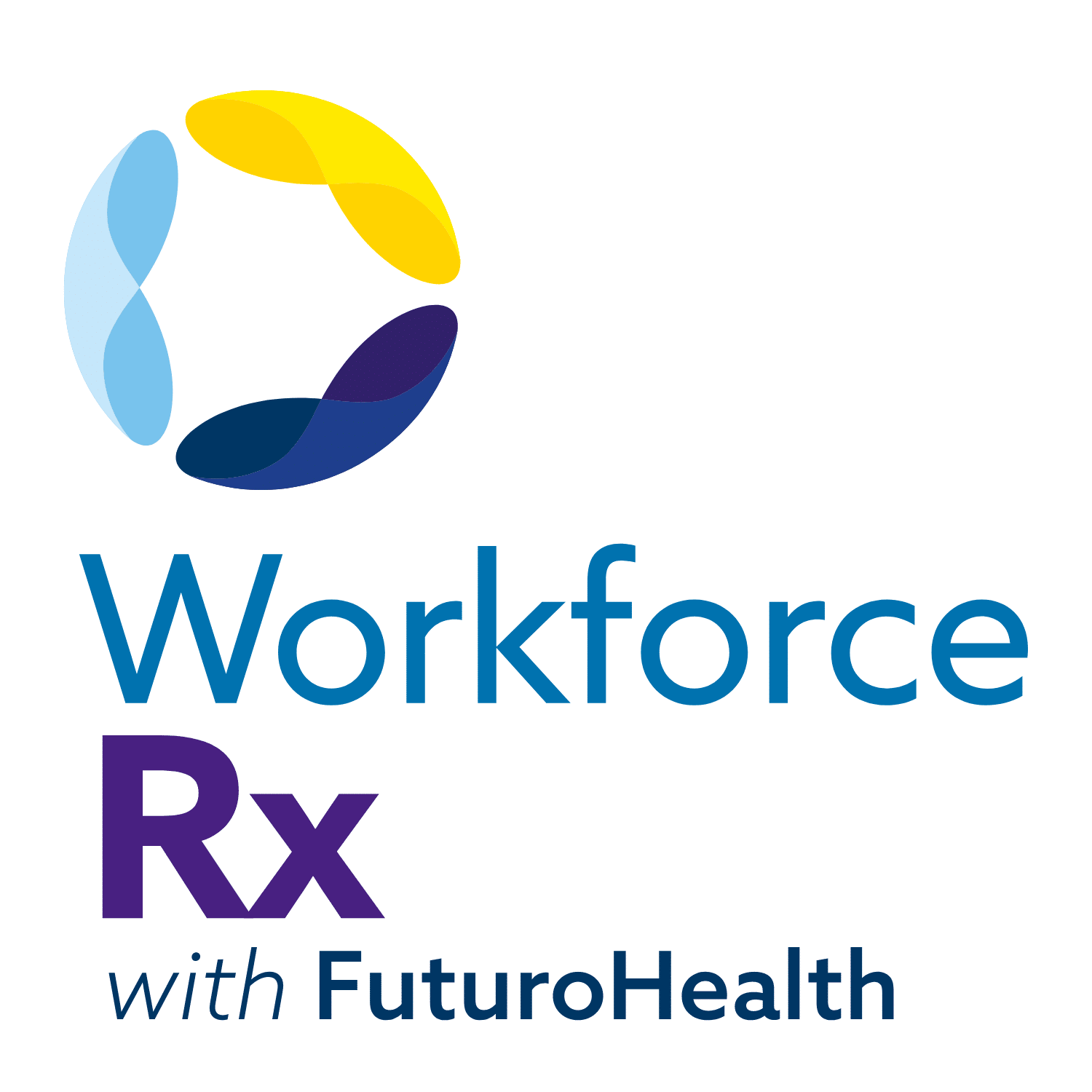As U.S. employers continue to struggle to find workers, they may want to turn their attention to populations who have the skills they need but lack proficiency in English. This describes many people in immigrant and refugee populations who are currently overlooked by employers and make up part of what is called the “hidden workforce.” On this episode of WorkforceRx, Katie Nielson, PhD, joins Futuro Health CEO Van Ton Quinlivan to describe how she works with employers to tap the potential of this talent pool. Nielson has a growing sense of urgency on this issue due to the fact that by 2030, every baby boomer will have reached retirement age and 97% of net workforce growth will be immigrants and their children. “The biggest barrier to integration in general and, definitely to promotion and advancement in the workforce, is English skills,” she says. “If we think about English as something that we can do to help upskill our workforce, then we’ll be able to get those learners not just the English skills but also the workforce skills that they need to succeed.” Tune in to learn about Nielson’s blend of tech-enabled study and interaction, the wisdom of taking a “backwards design” approach, and how workplace-based language programs can help employers achieve goals around diversity, equity and inclusion.

You can’t have an effective response to public health challenges without putting racial and social equity at the center of your approach, and one...

Even though use of artificial intelligence in the workplace has nearly doubled for US employees in the past two years, a recent Gallup poll...

“If I looked at higher education writ large, as we've traditionally defined it, I'd say that the patient is sick right now,” says Michael...